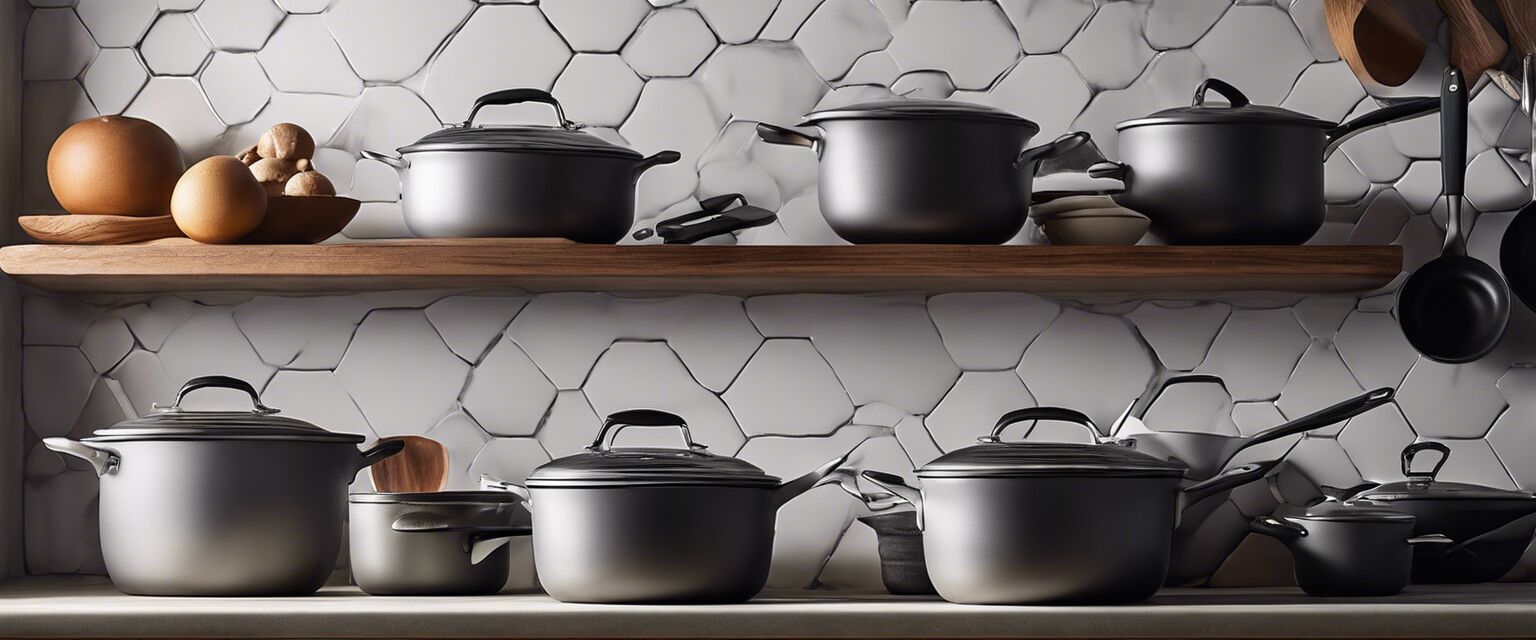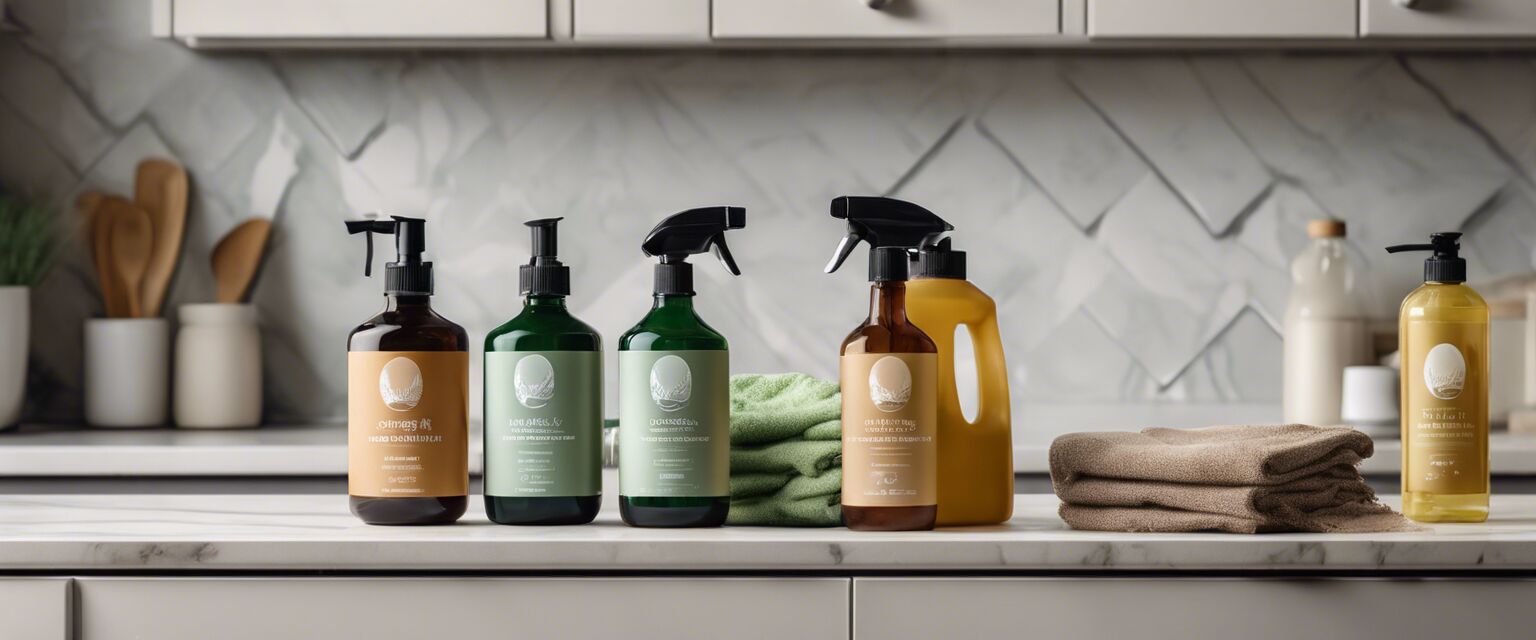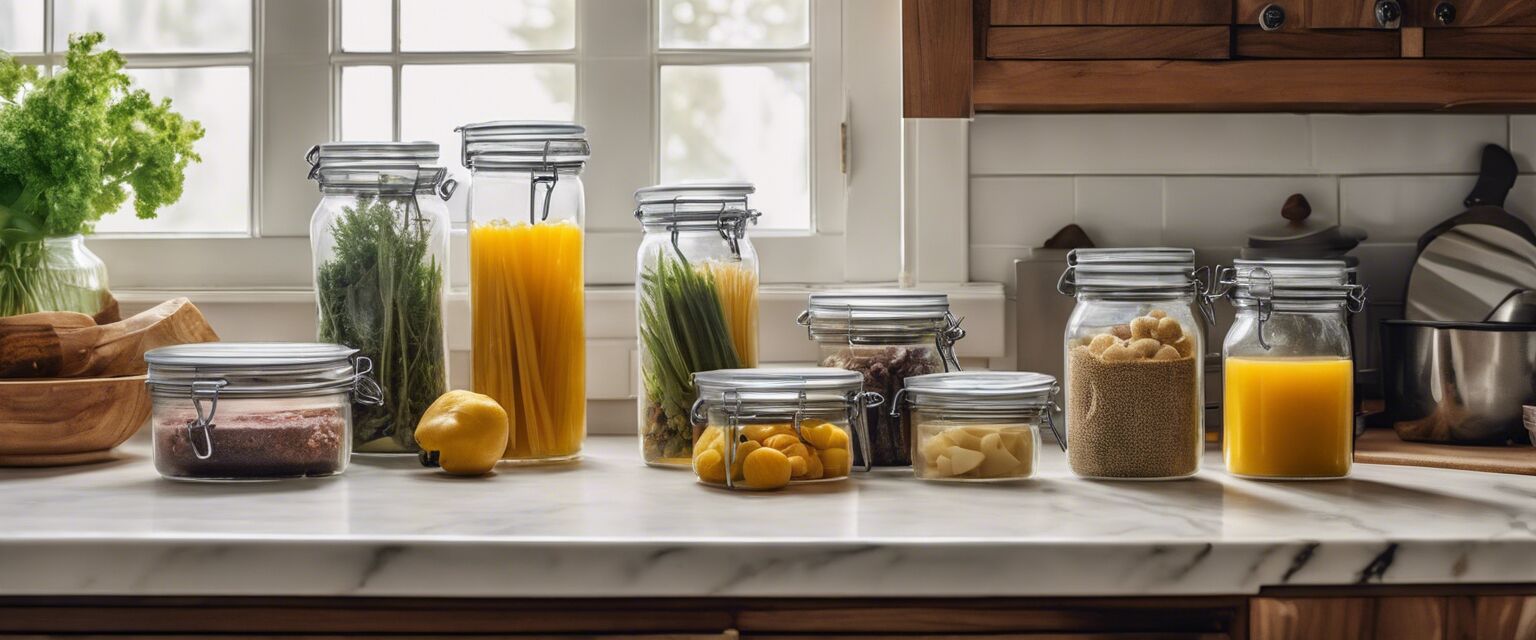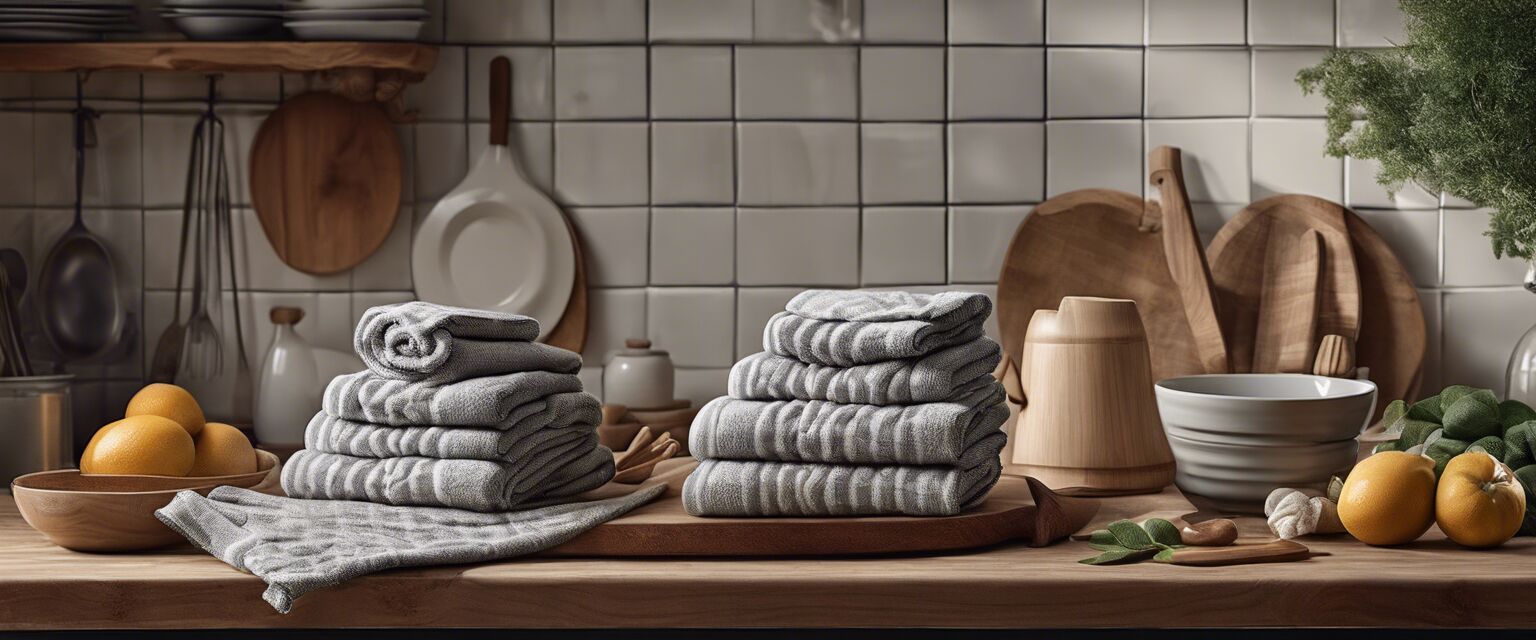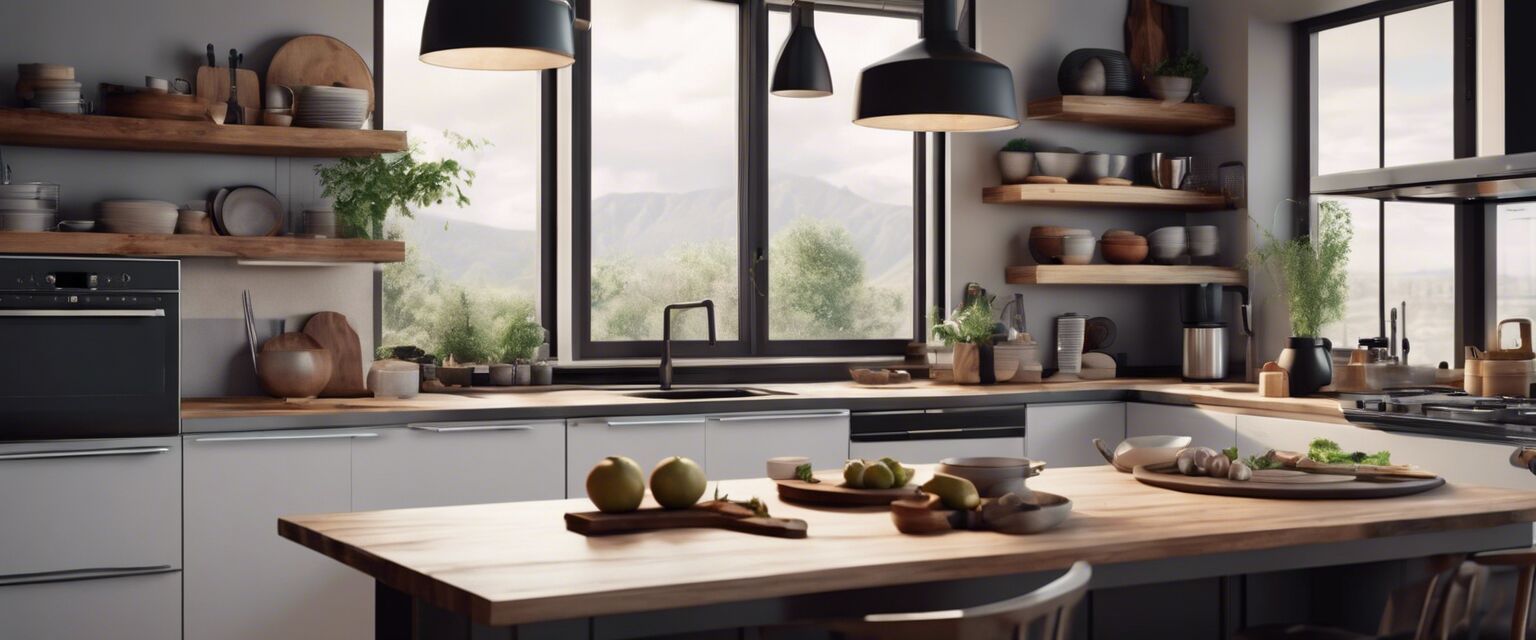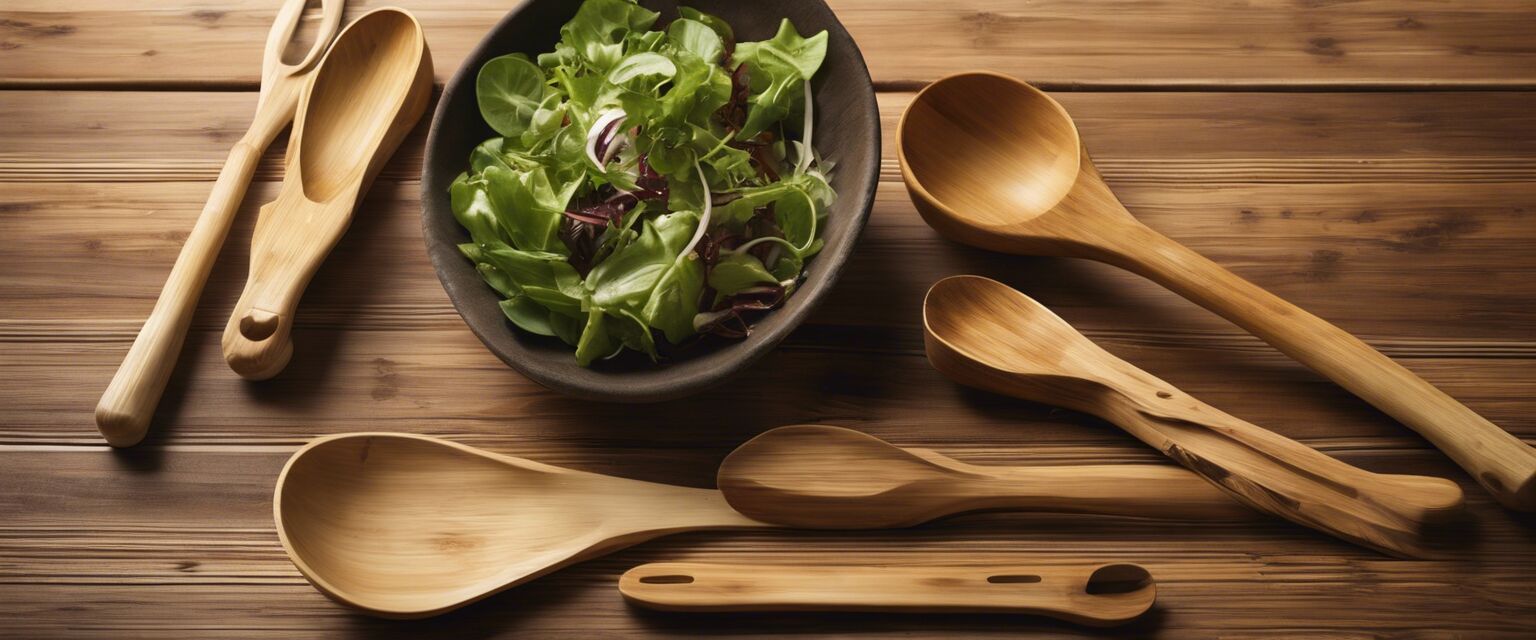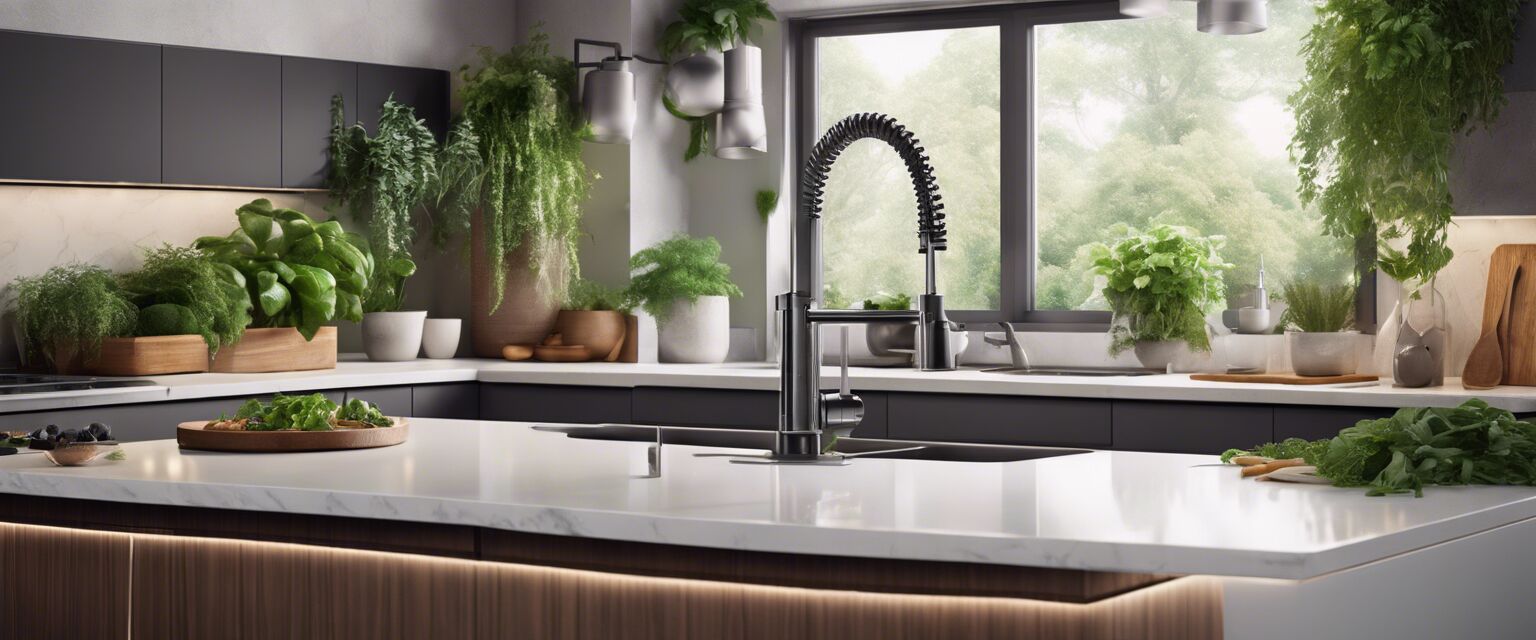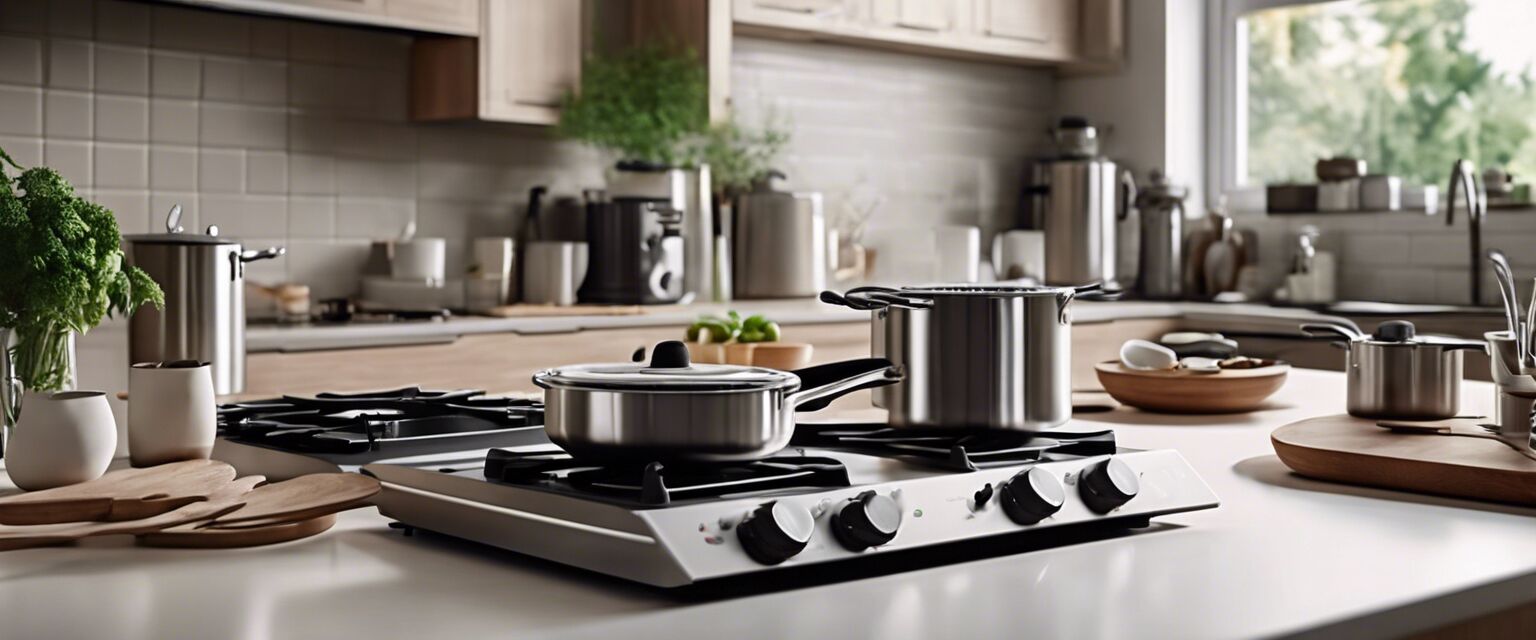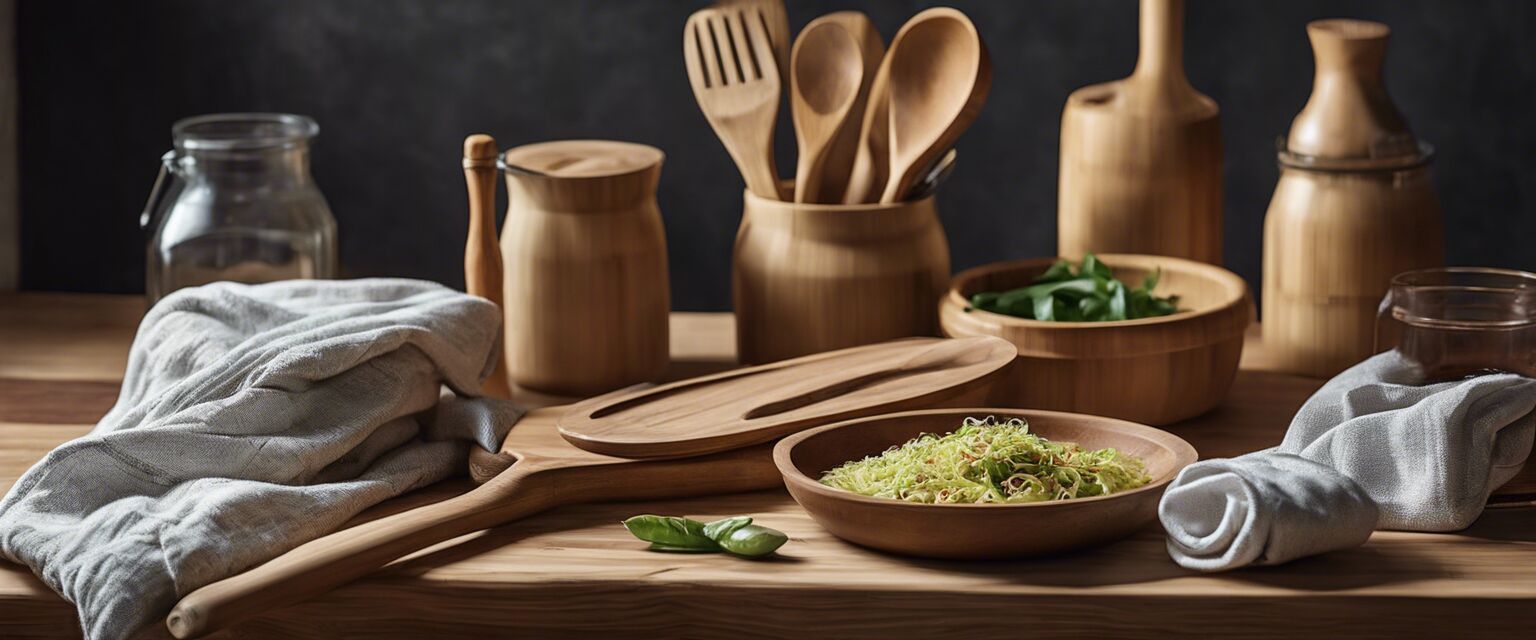
DIY Eco Projects
Key Takeaways
- DIY projects can help reduce waste and promote sustainability in your kitchen.
- Repurposing existing items is a cost-effective way to create eco-friendly kitchenware.
- Consider using materials like bamboo, recycled glass, and compostable items for your projects.
- Every small change in your kitchen can contribute to a healthier planet.
In a world increasingly aware of its environmental footprint, DIY eco projects for the kitchen provide a creative outlet while promoting sustainability. By crafting your own kitchen items or re-purposing what you already have, you can make significant strides towards a greener lifestyle. Below are some insightful projects you can undertake!
Popular DIY Eco-Friendly Kitchen Projects
Here are a variety of DIY projects you can tackle to create eco-friendly kitchenware or to repurpose existing items:
- Bamboo Utensils: Craft your own utensils using bamboo, a sustainable resource.
- Reusable Produce Bags: Stitch bags from old T-shirts or use breathable fabric.
- Compost Bin: Create a compost bin from recycled materials for kitchen scraps.
- Scented Beeswax Wraps: Make reusable wraps from fabric and beeswax to replace plastic wraps.
- Infused Oils: Repurpose old glass jars to create flavored oils or infusions.
1. Crafting Bamboo Utensils
Bamboo is a fantastic material for kitchenware. You can carve and shape your own utensils, such as spoons or spatulas. The process can be quite relaxing!
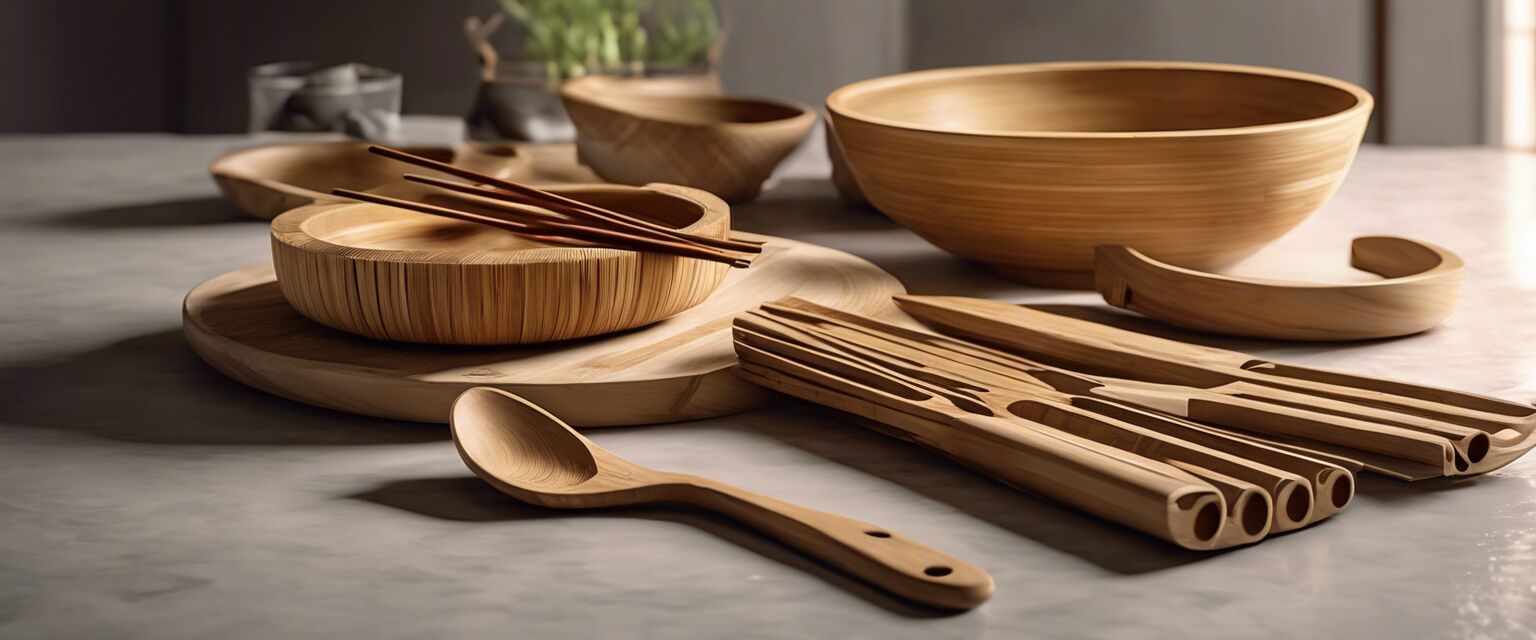
| Materials Needed | Tools | Steps |
|---|---|---|
| Bamboo stalks | Utility knife | 1. Cut bamboo to desired length. |
| Sanding paper | Chisel | 2. Shape the utensil with the chisel. |
| Natural oil (optional) | Cloth | 3. Sand and finish with natural oil. |
2. Making Reusable Produce Bags
Eliminate plastic waste by making your own produce bags. Follow this simple guide to craft reusable bags that can hold fruits and vegetables.
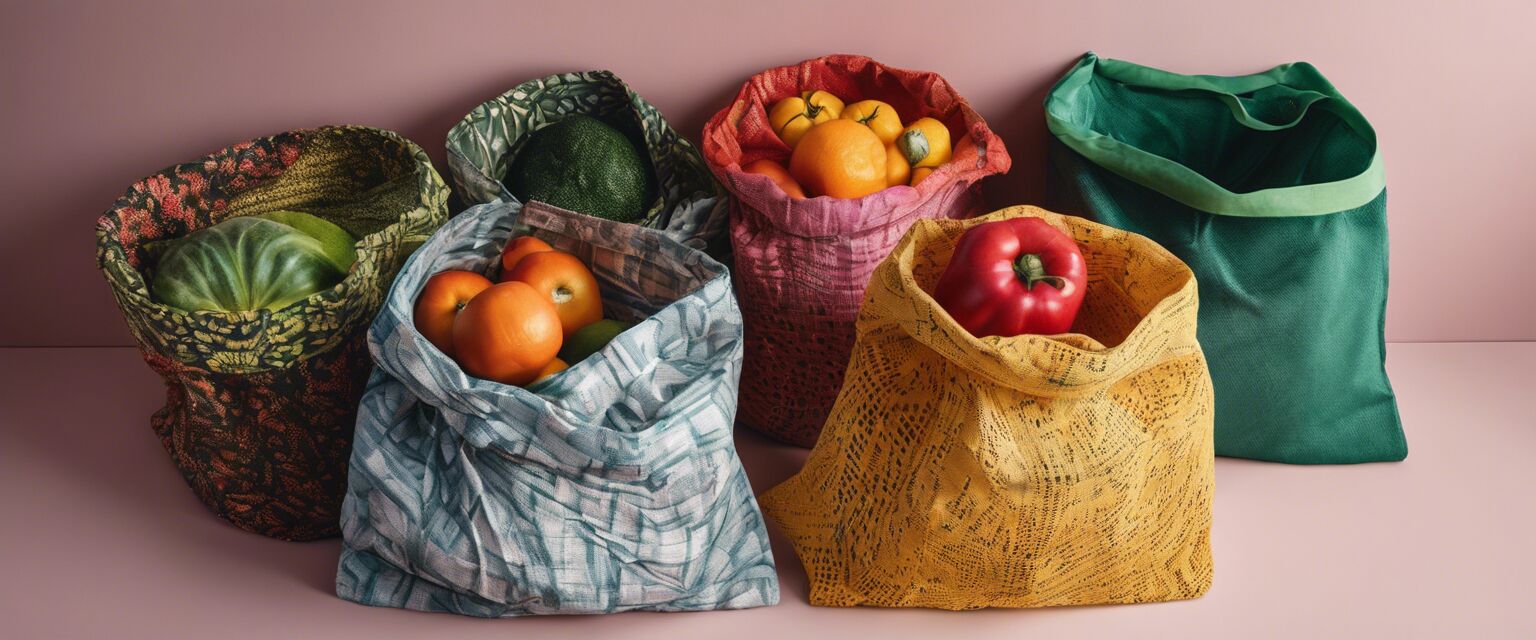
| Materials Needed | Sewing Instructions |
|---|---|
| Old T-shirts or breathable fabric | 1. Cut fabric into rectangular pieces. |
| Thread | 2. Sew the sides together, leaving the top open. |
| Drawstrings (optional) | 3. Add a drawstring for closure. |
3. Creating a Compost Bin
Create your very own compost bin using old wooden pallets or plastic containers. This is a fantastic way to recycle kitchen scraps into nourishing soil.
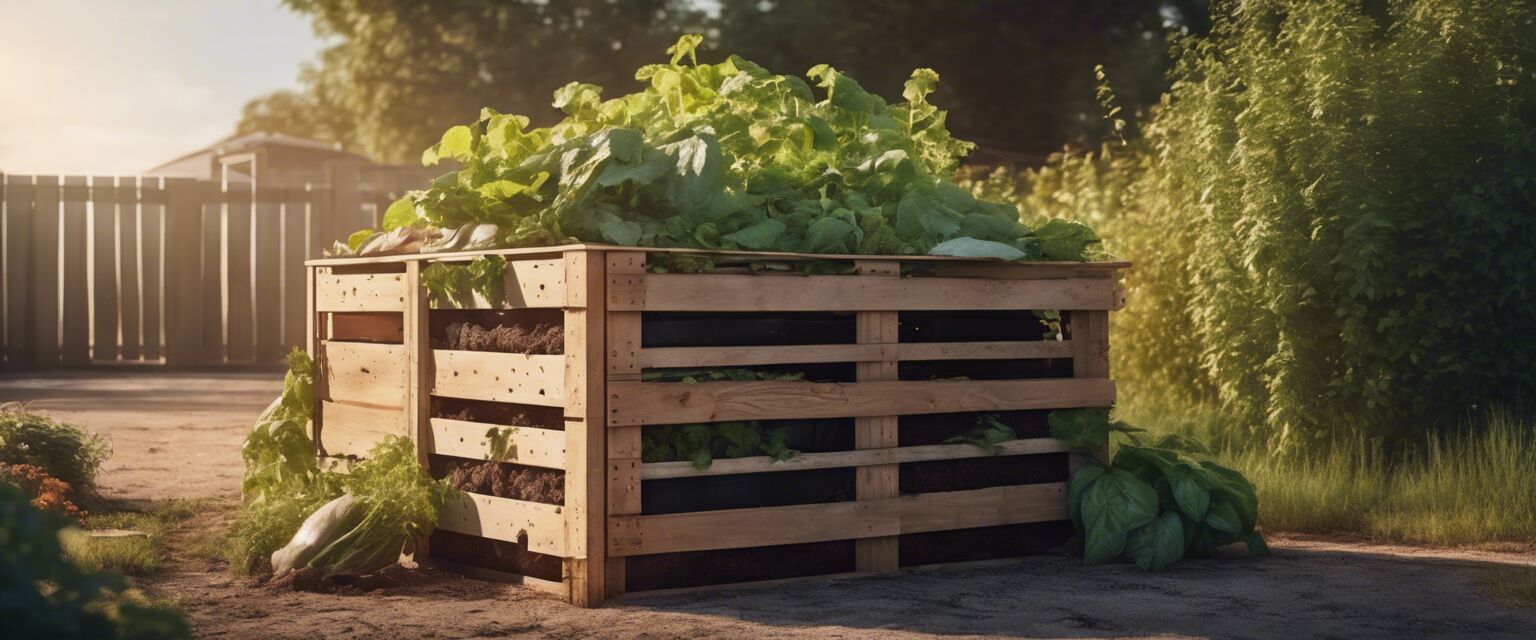
| Materials Needed | Steps |
|---|---|
| Recycled wooden pallets | 1. Arrange pallets in a square to create a bin. |
| Old tarp (optional) | 2. Cover the pile with tarp to maintain moisture. |
| Kitchen scraps | 3. Add kitchen waste regularly and turn the pile. |
4. Crafting Beeswax Wraps
Use fabric scraps and beeswax to create wraps that can replace single-use plastic wrap. This project is both simple and sustainable.
| Materials Needed | Steps |
|---|---|
| Cotton fabric scraps | 1. Cut fabric into desired sizes. |
| Beeswax pellets | 2. Melt beeswax and apply evenly to fabric. |
| Oven or iron | 3. Place the fabric in the oven or use an iron to set the wax. |
Tips for Eco-Friendly DIY Projects
- Always use materials you already have or can easily source from recycling.
- Get creative and personalize your projects with colors and designs.
- Involve family members to make it an enjoyable activity!
- Share your projects online to inspire others to go eco-friendly.
Repurposing Existing Kitchen Items
If you're short on time or resources, you can also repurpose items you already own. Here are a few ideas:
- Glass jars: Use them for storage or as decorative vases.
- Cutting boards: Transform old boards into art pieces or serving trays.
- Old utensils: Create wind chimes or garden markers with spoons or forks.
Conclusion
Engaging in DIY eco projects not only fosters creativity but also contributes towards a sustainable lifestyle. By making your own kitchenware or repurposing everyday items, you can make a significant impact on the environment. Start your journey today and encourage others to join in as well!
Pros
- Encourages sustainability and reduces waste.
- Cost-effective way to get new kitchen items.
- Creative outlet that can involve the whole family.
Cons
- Requires time and possibly multiple attempts to get it right.
- Initial setup may require investment in tools or materials.
For more insights into sustainable kitchen choices, check out our pages on bamboo kitchenware, compostable kitchen tools, and eco-friendly storage solutions.

